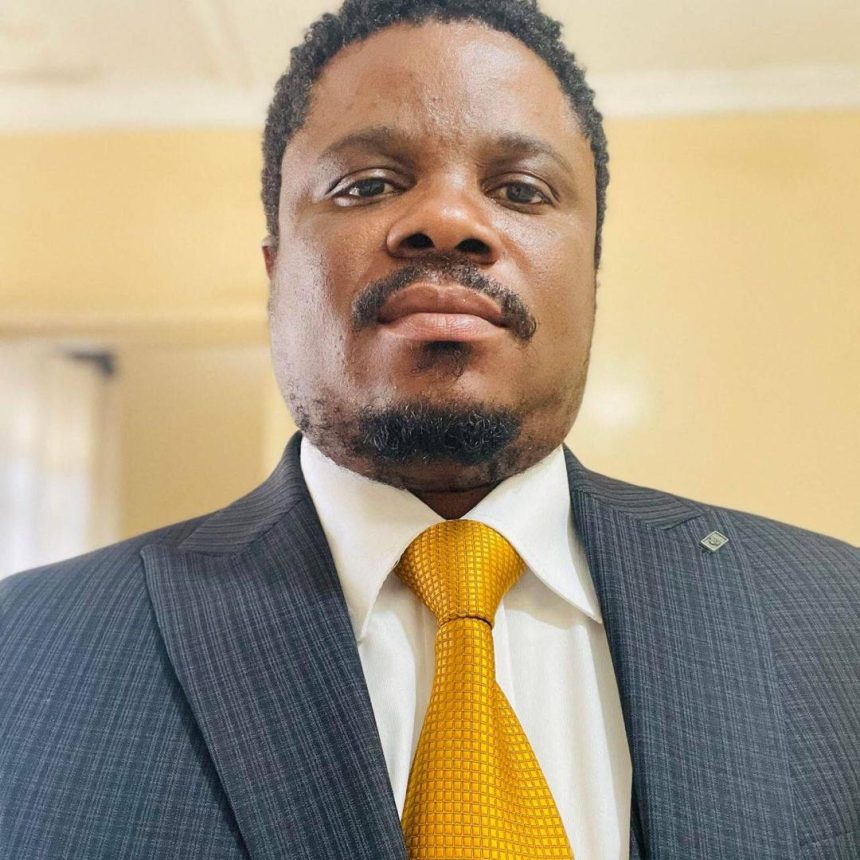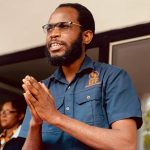By Macphersson Mutale
On the eve of Africa Freedom Day 2025, a day meant to honor the continent’s enduring struggle for freedom, justice, and democracy, the UPND-led New Dawn administration gazetted Constitutional Amendment Bill No. 7 of 2025. It is a moment that will be remembered not for celebration but for what many consider a political betrayal of the very principles the current administration once claimed to uphold. In a move reminiscent of the very regimes they criticized in opposition, the UPND has unveiled a constitutional amendment bill that undermines the spirit of democratic governance and gives credence to growing fears of a drift toward authoritarianism.
It is impossible to ignore the stark contrast between the UPND in opposition and the UPND in power. While in opposition, the party passionately advocated for a broad-based, consultative constitution-making process that included every Zambian voice — from civil society, religious leaders, and political parties, to ordinary citizens. Today, those noble calls have been replaced by a dismissive attitude toward public consultation. The government now insists that the provisions in the Bill are “non-contentious” and therefore do not warrant public debate. This is not only arrogant but profoundly dangerous. The Constitution is the people’s contract with the state — its amendment must never be treated as an internal party document.
What is most alarming is the autocratic undertone of several provisions in the Bill. Chief among these is the proposed clause that delays a by-election for up to 180 days — a full six months — in the event a Member of Parliament dies immediately after a general election. This proposal is not only insensitive to the principles of representation but an affront to democracy itself. For six months, the people in that constituency would be effectively voiceless in Parliament, disenfranchised by a law meant to entrench convenience for those in power rather than serve the governed. No democratic nation should tolerate a vacuum of representation for that long, especially one that can be politically weaponized to disadvantage opposition strongholds.
Equally concerning is the amendment to Article 81, which currently mandates that Parliament be dissolved three months before a general election. This important safeguard prevents the ruling party from using its legislative power to pass self-serving laws during an election campaign. It was this very clause that blocked the controversial Bill 10 from being passed in 2021. The proposed amendment seeks to dissolve Parliament only one day before the election — giving the ruling party unfettered legislative power right up to polling day. It opens the door for the abuse of power during a time when fairness and neutrality are most needed.
Another insidious provision lies in the proposal that political parties, not voters, will replace MPs, Mayors, Councillors, and other elected officials who leave office midterm. This clause effectively transforms public representatives into mere instruments of their political parties. It nullifies the people’s vote and replaces democratic accountability with party allegiance. This is not just a constitutional change — it is a power grab that seeks to control elected officials and limit their independence. It is a chilling signal that dissent within party ranks will not be tolerated, and loyalty will be valued above public service.
Worse still is the manipulation embedded in the increase of parliamentary seats. The proposed expansion from 156 to 211 elected Members of Parliament, along with the addition of up to 20 seats for women, 12 for youth, and 3 for persons with disabilities through proportional representation, sounds inclusive on the surface. But without clarity on how these individuals will be selected, it is clear this is a calculated strategy to manufacture a two-thirds parliamentary majority. Combined with the 10 nominated MPs, whose selection will almost certainly favor the ruling party, this provision guarantees near-absolute power to one political grouping. It is the textbook playbook of authoritarianism cloaked in the language of inclusion.
Further, the proposed reduction of experience required for the position of Secretary to the Cabinet from ten years to five years is not merely a technical adjustment. It dilutes the meritocratic foundation of the civil service and risks turning one of the most senior and neutral roles in the governance structure into a politicized appointment. At a time when Zambia needs a competent and impartial civil service to navigate complex development challenges, weakening the requirements for such a crucial post is shortsighted and reckless.
Perhaps most dangerously, the proposed changes to Article 52 eliminate corruption and misconduct as specific grounds for disqualifying a candidate from an election. The amendment opens the door for disqualifications on ambiguous or politically motivated grounds. This provision grants excessive discretion to the courts — and in the wrong hands, it could become a legal weapon to sideline political rivals. Many observers fear this clause is designed to bar former President Edgar Lungu from contesting in future elections, but its implications are much broader. It erodes the rule of law by removing clear legal standards and replacing them with vague possibilities open to abuse.
All these proposals converge into a single dangerous truth: this amendment bill is not about constitutional improvement. It is a blueprint for centralizing power, weakening institutions, silencing dissent, and controlling the democratic space. It strips away the hard-won checks and balances that Zambia’s democracy has painstakingly built over decades.
Linda Kasonde, Executive Director of Chapter One Foundation, aptly describes this bill as more frightening than Bill 10. Her legal and civic assessment rings true — that what we are witnessing is not reform but regression. Worse still, the courts, which should be a bulwark against such overreach, have in recent years shown little temerity in defending constitutionalism. If the past is anything to go by, we cannot rely solely on the judiciary to safeguard our democracy.
The responsibility, therefore, falls on us — the people of Zambia. It is our Constitution. It is our democracy. The process by which the Constitution is amended must be open, inclusive, and transparent. We must reject any attempt to subvert this principle. We must speak up, protest, and challenge this Bill through every available democratic avenue. It is not enough to hope the courts will act. History has taught us that it is the people who have saved this country from tyranny time and again.
The UPND’s proposed amendments are a betrayal of trust. They are a betrayal of the very promises the New Dawn government made to the people of Zambia. A constitution built in secrecy, for the benefit of the ruling elite, is not worthy of a democratic state.
The Constitution is not for those in power today. It is for all Zambians, including future generations. We must not allow it to be hijacked.
Let us remember, democracy is not sustained by elections alone. It is upheld by vigilance, courage, and participation. If we stay silent now, we will wake up in a nation where power is permanent, opposition is symbolic, and the people’s voice is drowned by the roar of autocracy.
The New Dawn should be a dawn of inclusion, integrity, and constitutionalism — not of manipulation, secrecy, and authoritarianism. It is not too late to turn back. But the window is closing fast. Let us act before the light of democracy is permanently eclipsed.




